• Part of the PhD-Workshop «Imagination as a Site of Struggle»
Now automated web traffic, or bots, reached half of all website traffic and has increased year over year; forum platform-based conspiracy theorists refer to this as the Dead Internet, where bots write and read bot-generated content by and for the bots. The web is now crawling with these lifeless bots and is no longer living. The bots are talking amongst themselves and we’re just eavesdropping, bugs on the wall. During this presentation I will explore what affordances make it possible, or inversely impossible, to imagine ourselves and how to better use the machine to dream. Early queer web publishers imagined futures in the non-linear hypertext, where creators could write, erase, and rewrite their work - making users not simply readers, consumers but also authors and publishers. These inherent qualities of the web are limited by platforms, where templates and moderation make platforms more “user-friendly,” but what is lost to proprietary black box software (or obfuscated, made invisible) to make something more “usable” and for which users? In using code to hack, I will explore code-based narratives about legibility by the machine (browser) and how CSS separates the appearance from the body (HTML). How can code be clearly "read" by machines but less clearly “read” by its more human readers, and how the gap between code and its interpretation by man or machine can become a place for trans imagination?
Chair: Helen V. Pritchard, Shaka McGlotten, Ines Kleesattel, and Lucie Kolb.
Biography
My name is Emil Woudenberg, I’m an artist, designer and hacker from Toronto, currently residing in London. Since 2016, I have worked under the name Strike Design Studio, designing brands, websites, and printed matter. My transdisciplinary practice focuses on independent, queer, do-it-yourself, de-platformed, open-source urgent digital publishing. In my practice-led research, I explore these not-so-new alternative radical online space(s), their technicality, the communities that occupy them and their politics. Previously, I developed an AI drag-narrated audiobook called The Website Owner’s Manual—a do-it-yourself guide for independent, queer, decentralized, and de-platformed publishing on the web. This manual manifesto is an instructional book and a political text that empowers readers with the tools to create, repair and dream. I have worked with institutions like Temple Contemporary, Sam Fox School, East Side Projects, The Bentway, MOCA Toronto, Printed Matter's Art Book Fair, and Art Metropole. I have completed residencies with Montez Press, SuperHi, Trinity Square Video, Digital Justice League, AkinxMOCA, and Whippersnapper Gallery. Recently, I participated in the School for Poetic Computation course Solidarity Infrastructures, Hackers and Designers (H&D), and I am a current member of the Somerset House Exchange program.


